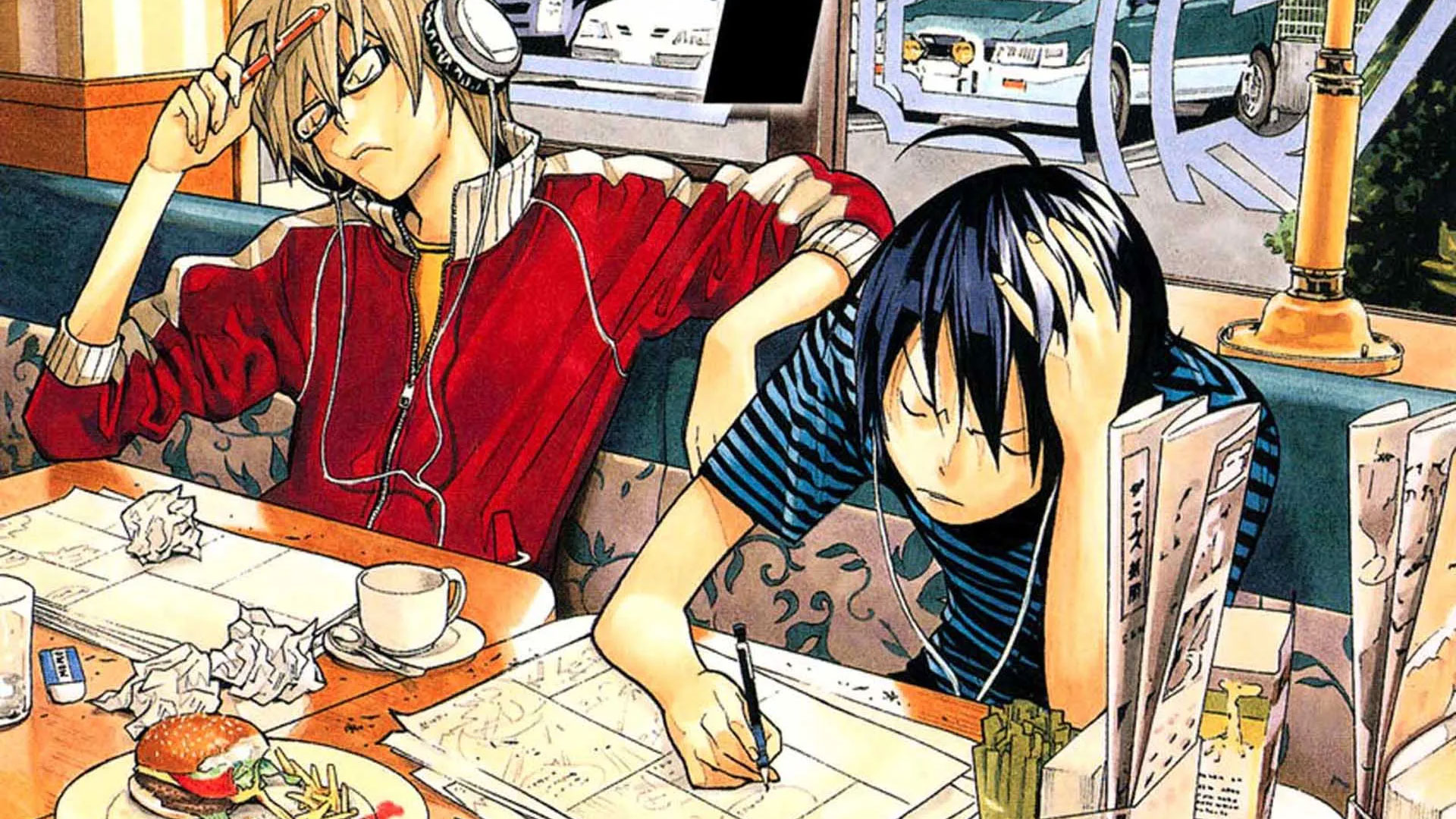When the author wants you to think like them.
Author Tract is a phenomenon of authors leaving a piece of themselves in their stories. Some creators treat their series as a fascinating way of conveying their political ideas. While sounding quite lousy, author tract is not always a bad thing: the audience’s response to it highly depends on the viewer’s beliefs. If you share the author’s views, you’re more likely to enjoy watching them explored. However, if you don’t find some points compelling, it might even ruin your experience with a series. Let’s take a look at some examples of series that can give us a glimpse into the author’s beliefs.
There have been a lot of speculations on whether Code Geass is an Anti-American Author Tract. People say that Britannia is the anime analogy of the USA, and it is an imperial power trying to control the world. In this series, Japan has lost its sovereignty and become a part of this empire. The story is said to be exploring the idea of American imperialism and its possible consequences in the real world. The author, however, denies this and says that this was never his intention. Hadashi no Gen, the story about the final months of World War II, has also been mentioned in the same context. But how can you make a series about war without getting political?
As we’ve recently mentioned in our recent Vinland Saga piece, some fans found the author’s existential reflexions quite awkward. The story tried to bring up some complex questions about the nature of god, love and human behavior that not a lot of people could actually relate to. Fans say the author really tries to make you think like him, which became a good enough reason for some viewers to drop the show.
Nevertheless, some examples of Author Tract might be quite endearing. Fairy Tail uses this trope to remind the audience of the importance of friendship. And then does it again. And again. We can’t blame the series for that, friendships are indeed important, but sometimes enough is enough.
Hayao Miyazaki has frequently raised the issue of nature preservation in his works. In the world of Nausicaä of the Valley of the Wind an ecocide is created by human civilization, creating a poisonous forest with mutant insects. They say the author was inspired by the real world pollution of Minamata Bay. The movie Princess Mononoke also touches upon the issue of nature, and one of its characters, Eboshi, sacrifices nature in order to create a better world for the citizens, but later realizes that this better world cannot be achieved unless people respect nature.

